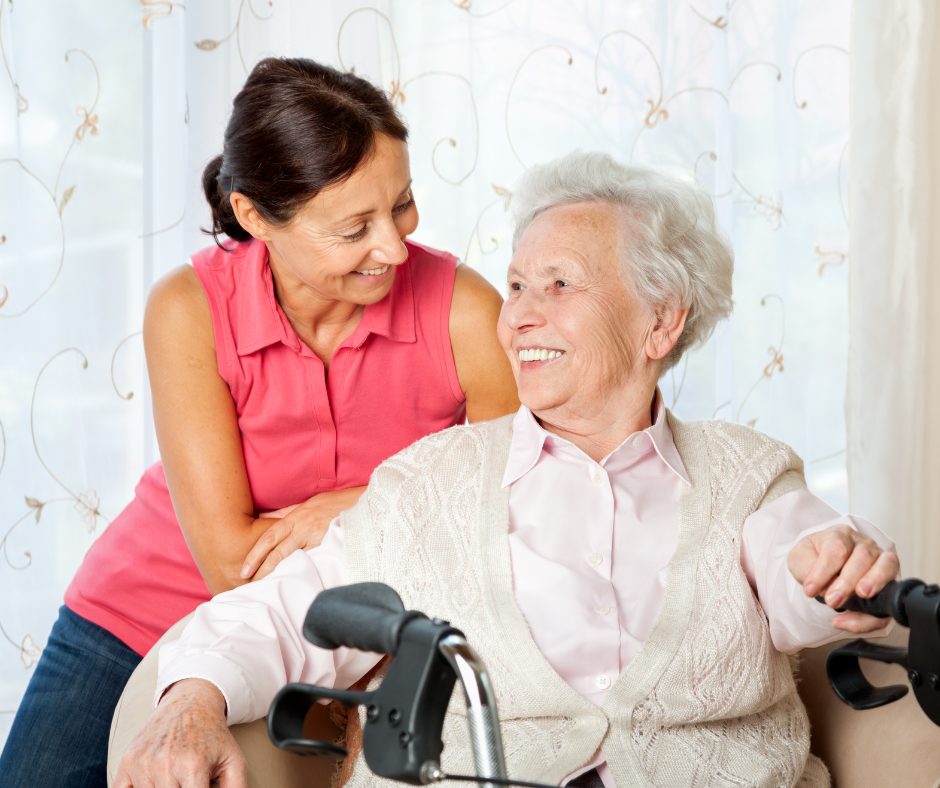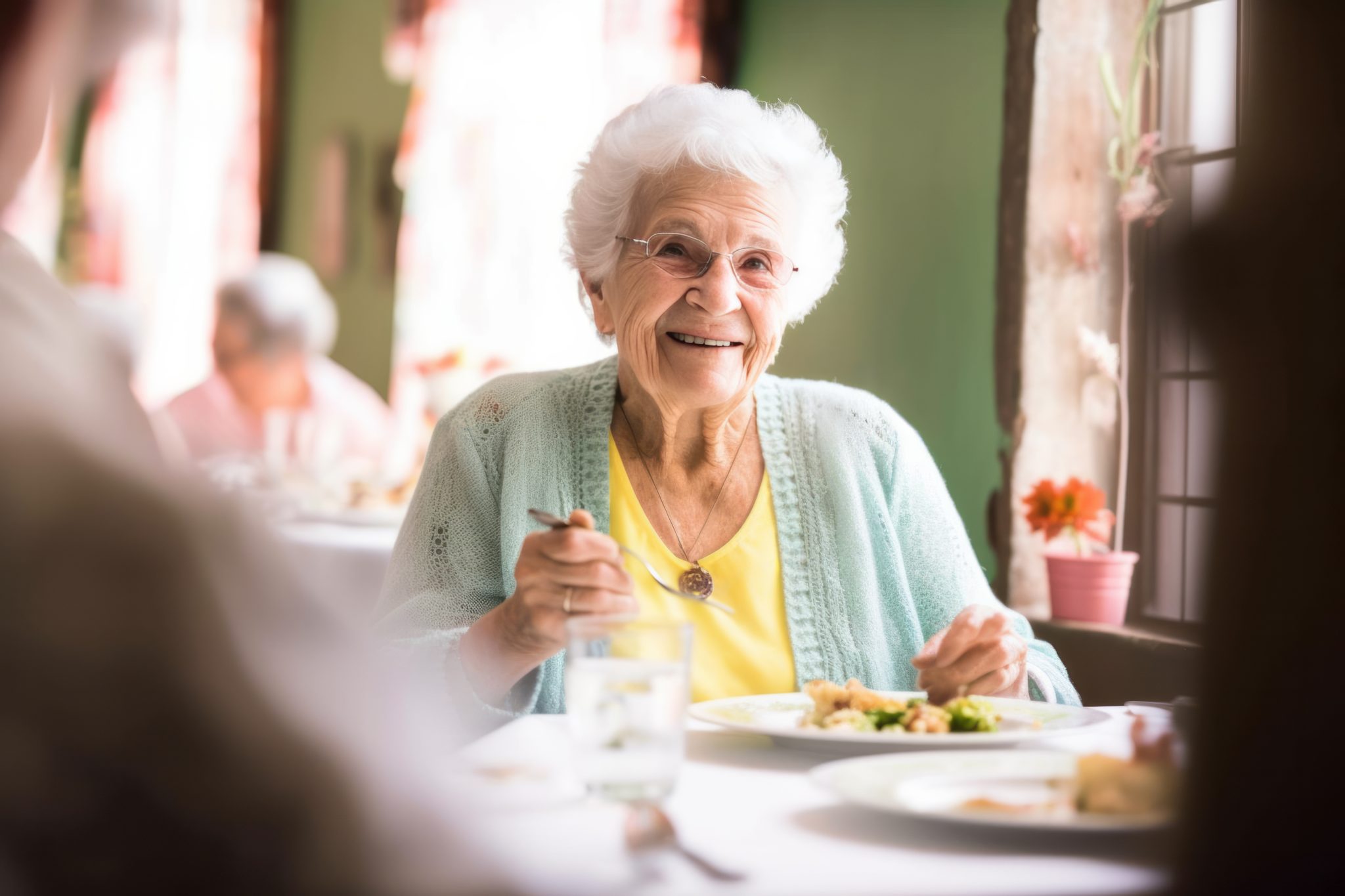With an ageing population, more Australians are taking on a caring role for older adults, usually their parents or a spouse or partner. Many carers will take on this role willingly, through a feeling of family responsibility, emotional obligation, or a desire to provide personalised and loving care. However, it is important to understand the challenges associated with being a primary carer for an older adult and avoid those situations that could lead to stress and burnout. Below we’ll explore three common challenges faced by carers and ways to mitigate their impact.
Managing support systems
One of the most immediate challenges faced by people who have taken on an unpaid carer role for an older adult is the difficulty of navigating the range of services and funding available to assist the person they are caring for. Whether the person being cared for requires intensive personal support, such as help with mobility or dressing, or more peripheral care such as cleaning or transport assistance, or all of this and more, it can be a bewildering challenge for the carer to know where to look for support. In some instances, this can result in carers assuming no help is available. On the contrary, there are many government and non-government organisations that are designed to provide help and support to people in a caring role.
One direct port-of-call is the Australian Government’s Carer Gateway, a website and phone service that aims to connect carers with the information and services that they may need to provide appropriate care in their own local community. Similarly, the My Aged Care website provides information on the types of care available for older Australians, how to be assessed for care needs and links to care providers. Alternatively, Carers Australia is the non-government peak body in Australia and can connect carers to services in their home state.
Lack of respite
Even when care services have been secured for the older adult in your care, many carers report a lack of assistance and respite as a common challenge. In some cases, there is no other family member or friend available to provide informal care or respite and, with long waiting times for some formal respite services, carers are left in the unenviable position of having no one to temporarily relieve them from their caring role. It is important for someone in a caring role to understand the types of respite care available in their area and how to access that care. Usually, the organisation providing respite will make an assessment of the kinds of support that is best suited to your particular circumstance. If you are in need of respite care, you can contact TriCare on 07 3360 9000 to find out where your nearest residence is and availability. Most people are entitled to 63 days per year.
Burnout
A less tangible yet more insidious challenge for those taking on an unpaid carer role is the negative impact that being responsible for another person’s care can have on their mental and physical wellbeing. This is known as “burnout”. Due to the complex and involved nature of the caring role, many carers report feeling lonely, and statistics show that those in a caring role are twice as likely as others to experience poor health, and higher levels of psychological distress. These factors make it more difficult for the carer to perform their role effectively and can result in poorer quality of life for both the carer and the person being cared for.
To avoid burnout and negative effects on physical and mental health, those who take on a caring role should make the time to look after their own needs wherever possible. This could include talking to a professional, such as a counsellor or psychologist, making connections with other carers to share experiences and find solutions to problems, or simply ensuring that respite time is available for you to tend to your own needs and activities that bring you joy.
While carers can face some significant challenges, it is important to remember that support is available. Perhaps more importantly, it has been noted that carers who do access support – either informally, from friends or family members, or through organised channels – are more likely to have more positive wellbeing. If you are in a caring role, or are planning to take one on, you don’t have to go it alone. Plan ahead and connect with people and organisations in your area that can support and care for you, the carer.
Caring for the carers
Carers may feel like it is not possible to share the work of looking after a loved one because they don’t trust anyone else with this very important role. This is absolutely valid and speaks volumes of the standards that should be expected of aged care residences.
We invite you to consider TriCare to not only give your loved one exceptional care, but to put your mind at ease. We offer both respite care as well as permanent care. You can book a tour of one of our residences to see our facilities first-hand and ask all the questions you want. You can also contact us here or call us on 07 3360 9000 to find out more about care options. We would be more than happy to be your care partner.



